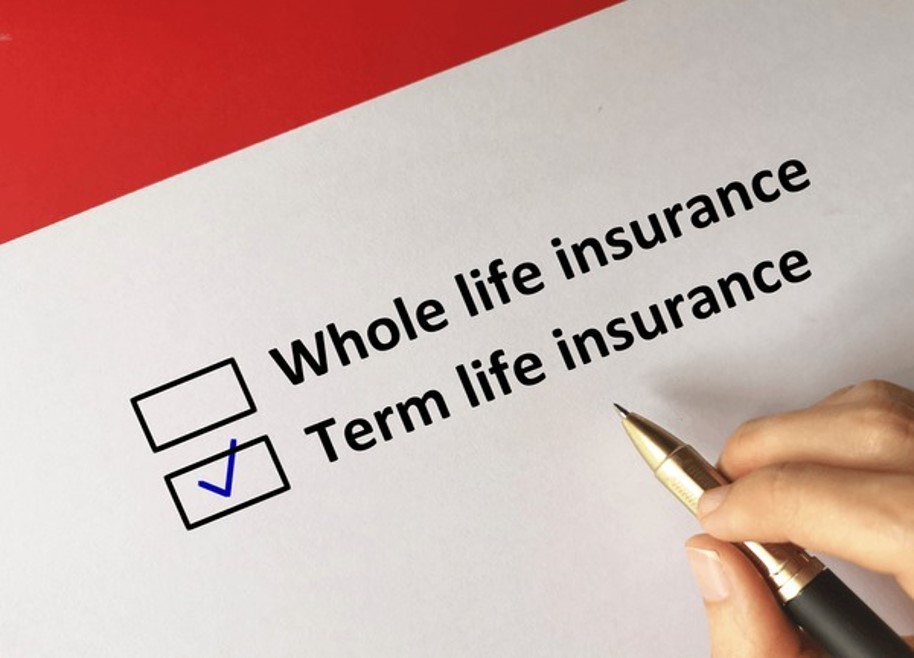Many Americans live paycheck to paycheck. Financial freedom often feels out of reach for many people. The key to change lies in mindful spending habits. This guide unlocks pathways to tangible financial transformation.
You’ll discover actionable strategies that save money. These choices lead to greater financial well-being. Ready to learn about 10 things smart spenders avoid buying?
10. Rethinking Tipping Culture

Have you noticed the rise in tipping requests everywhere? Many feel pressured to tip 20% at fast-food chains – even from restaurants that use air fryer hacks to reheated frozen food. That little screen at drive-through windows asks, “How much will you tip?” Making conscious choices is critical.
Digital payment systems have streamlined tipping but created widespread “tip fatigue.” You don’t need to tip for minimal service. Skip tips at places where you serve yourself. Avoid needless costs and tip only when the service truly merits it.
Hitting “No Tip” on a screen sometimes feels as awkward as declining a friend’s terrible homemade kombucha. But remember – you’re in charge of your money, not social pressure.
9. Avoiding Food Delivery Services

Food delivery apps stack fees higher than a Jenga tower in an earthquake. The average order includes service fees, delivery charges, and inflated menu prices that significantly increase your total cost.
Pick up your takeout instead. This saves cash and gives you a brief escape from home. Skipping delivery regularly can add up to substantial yearly savings, according to National Debt Relief.
Your food arrives hotter, fresher, and cheaper. Plus, the restaurant keeps more profit without third-party fees (and you get to feel smugly superior to your delivery-dependent neighbors).
8. Decluttering Instead of Using Self-Storage

Many organizing experts promote decluttering for financial savings. Americans spend billions annually on self-storage. The average unit costs can be substantial each month.
Some people spend thousands over years to store items worth less than the storage costs. When finally sorted, many discover these possessions could fit into just a few small boxes.
Self-storage units are like expensive hotels where your forgotten belongings go on vacation – except they never send postcards and you foot the bill. Sell usable items online or donate them to charities instead.
7. Skipping Souvenirs and Knick-Knacks

Souvenirs quickly lose their appeal once you bring them home. They often lack practical use and gather dust on shelves. Tourist trinkets rarely deliver the emotional value they promise.
Photographs and videos create more meaningful memories without physical baggage. Digital memories don’t require dusting, storage space, or eventual disposal.
That “authentic” miniature Eiffel Tower was mass-produced in a factory thousands of miles from Paris. Your digital photos actually capture the real deal – and they don’t set off metal detectors at airport security.
6. Basic Clothing and Avoiding Frequent Purchases

Fast fashion empties your wallet faster than teenagers empty the refrigerator. Focus on building a wardrobe with quality basics that last years, not months.
One smart shopper reports wearing the same reliable dress shirt for over eight years. Another has owned just one well-made suit for a decade, saving thousands compared to frequent replacements.
Buy new clothes only when truly needed. Create a “one in, one out” rule to maintain your closet size. Quality pieces might cost more upfront but provide better value over time.
5. Saying No to Extended Warranties

Extended warranties often serve retailers more than customers. The warranty market is substantial and growing rapidly, according to market research.
Save that money instead. Build an emergency fund to handle unexpected repairs yourself. This approach gives you control rather than fighting with warranty companies over claim details.
Warranty claims processes are designed like casino games – the house usually wins. Your emergency fund has no fine print, no exclusions, and works for any breakdown without a customer service call.
4. Avoiding Interest on Consumer Debt

Credit card interest rates are typically high. This makes debt an expensive luxury you can’t afford. Avoiding consumer debt saves significant money in interest payments.
Pay for purchases with money you have. Wait until you can afford items outright rather than financing them. The patience required builds financial resilience. If you’re tech-savvy, consider checking out the best Android tablets, which offer affordability without compromising quality.
Families who avoid credit card debt can save hundreds or thousands in interest payments. Debt-free living provides a freedom that no impulse purchase can match.
3. Choosing Term Life Insurance Over Whole Life Insurance

Whole life insurance policies come with high fees and prove difficult to cancel. Term life insurance offers superior value for most people. A 30-year term policy provides coverage while you build financial security.
The difference? Term life insurance typically costs significantly less than whole life insurance with identical death benefits. This represents substantial potential savings over decades.
Insurance agents pushing whole life policies are like used car salesmen trying to sell you undercoating – it sounds important but rarely delivers value proportional to its cost.
2. Skipping Extravagant Gifts

Extravagant gifts often add unnecessary financial strain without proportional joy. People appreciate thoughtfulness more than price tags. Meaningful experiences create stronger connections than physical presents.
Consider activities, handmade items, or practical gifts that align with needs. Small gestures like occasional flowers or shared experiences foster lasting relationships without extravagance.
One family replaced holiday gift exchanges with a shared cooking experience. They saved hundreds while creating memories that didn’t need batteries or assembly instructions.
1. Avoiding Impulsive Purchases

Impulse buying undermines financial goals one swipe at a time. Research shows many impulse urges disappear after waiting just a day or two.
Implement a simple cooling-off period before unplanned purchases. Ask whether the item solves a genuine problem or simply creates a momentary thrill.
Online shopping carts should be treated like overnight refrigeration for leftovers – if it still seems appealing tomorrow, maybe it’s worth having. Your future self will appreciate the growing savings account more than another forgotten purchase.




























